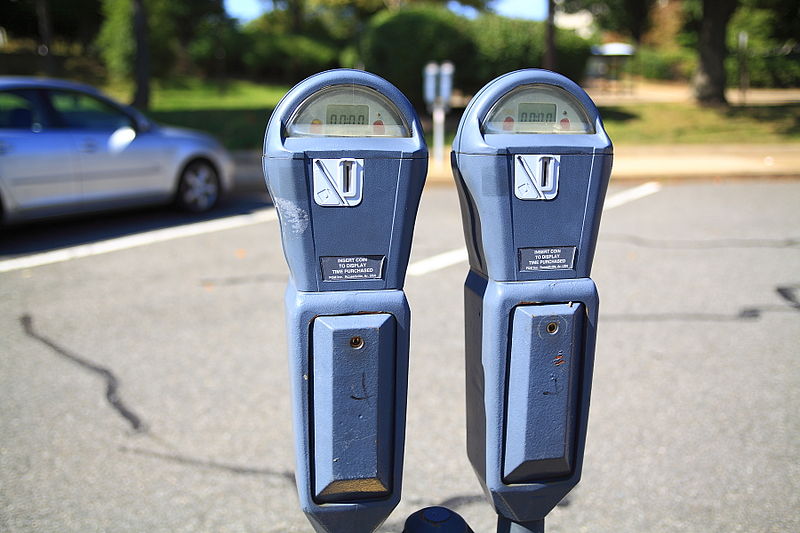This article on Vice covers some familiar ground. Cars are an expensive way to get around cities. Not only do they make transportation costs higher for residents, they also warp the price of land. It begins with an anecdote about affordable housing in Vancouver and how the market still prioritizes space for cars over space for humans, and then discusses how free parking in American cities constitute an implicit subsidy. These are all topics we’ve covered in some form or fashion in this space before. But then, it drops a whooper:
Donald Shoup, an urban planning professor at UCLA, has crunched some numbers around zoning and parking, and he has come up with a way to quantify how much the U.S. effectively spends on free parking:
According to Shoup, when cities offer “free parking,” at the mall or on the street for example, it’s a public subsidy for people who can afford a vehicle. He estimated that the U.S. spends between US$102 billion and US$374 billion on free parking, which is “somewhere between what we pay for Medicare and national defense.”
Yowzers. That’s a lot of dough for free parking. But that’s only one way the article quantifies the waste that auto-centric transportation creates.
There are some other wild stats:
- There 2 billion parking spaces in the U.S. for about 200 million cars.
- Most cities have far more spots than they need. For example, Seattle has twice as many; Philadelphia has four spots for every car.
- Another study cited in the report estimates that cars cost the EU somewhere around $566 billion, while cycling produces a net social benefit of $27 billion and walking generates a net benefit of $75 billion.
These costs of auto travel don’t even include the fact that the auto industry in North America is heavily subsidized, nor do they bring up the huge number of auto-related deaths in the U.S.
Put simply, cars are expensive, and not just because of your gas and maintenance budgets. The problem is many of the costs are hidden and they are extracted in invisible ways. When you stack them all up next to each other, however, it becomes clear that the way the U.S. has approached transportation for at least 70 years makes no sense.
So what’s the solution? Perhaps one answer is for local governments to step back and quit forcing developers to make so much parking:
According to Joe Cutrufo, spokesperson of Transportation Alternatives, not only does a car-centric system contribute to urban sprawl and congestion because “more parking equals more driving,” but there’s a missed opportunity.
Instead of forcing developers to pay for parking spots when they build homes, he says policy should be more imaginative. It can force builders to pitch in for sustainable transportation or more walkable neighbourhoods by paying for bike lanes, bus routes, or sidewalk improvement.
“You can’t provide plenty of space for cars while at the same time creating a liveable city for human beings. The two just don’t play well together,” Cutrufo said.





